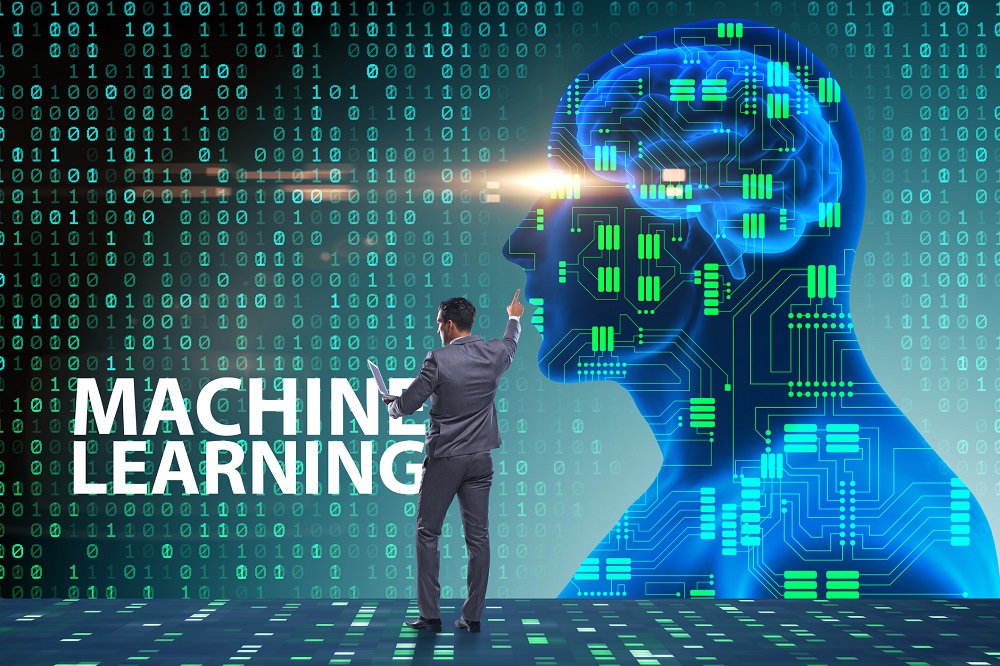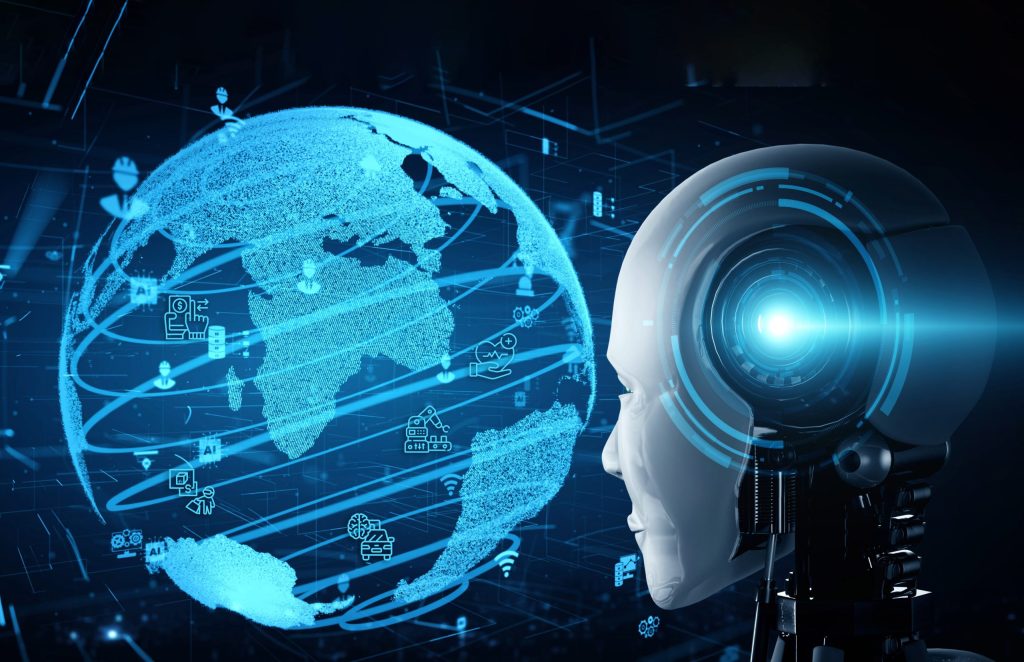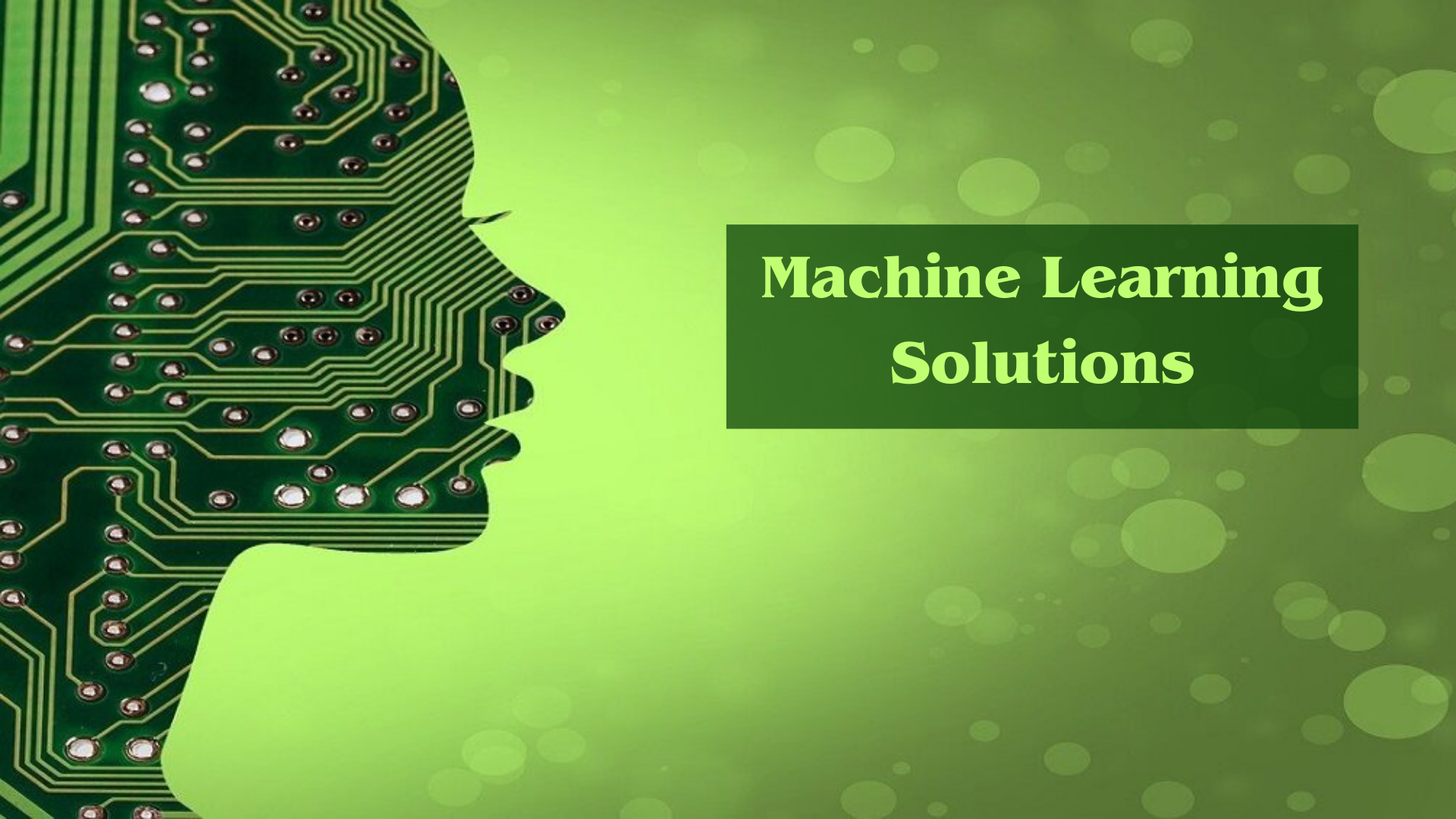How Machine Learning Solutions are Revolutionizing Industries?
In the dynamic landscape of technological advancement, few innovations have captured the imagination and potential for broad disruption as profoundly as machine learning solutions. These algorithms, nestled within the broader domain of artificial intelligence (AI), are announcing a new era of data-driven decision-making and automation across different industries. With their capacity to analyze large datasets, Determine complex patterns, and derive actionable insights, machine learning algorithms are revolutionizing traditional paradigms and unlocking untapped opportunities. In this extensive examination, we start on a journey to unearth the multifaceted applications, far-reaching benefits, and nuanced challenges basic in the integration of machine learning solutions across various sectors.
Table of Contents
Navigating the Essence of Machine Learning Solutions
At its core, machine learning reflects a subset of AI that empowers systems to learn and adapt autonomously from data without specific programming. Through continuous processes of learning, these algorithms traverse the intricacies of datasets, discern patterns, and extrapolate predictive models or decisions. This large landscape of machine learning solutions encompasses diverse methodologies, including supervised learning, unsupervised learning, and reinforcement learning, each customized to unique objectives and applications.

Supervised Learning:
In the area of supervised learning, algorithms are trained on labeled datasets, where inputs are mapped to corresponding outputs. This paradigm supports countless tasks, ranging from image classification and natural language processing to return analysis and predictive modeling. By leveraging historical data, supervised learning algorithms discern underlying patterns and relationships, enabling predictive insights with remarkable accuracy.
Unsupervised Learning:
Unlike supervised learning, unsupervised learning operates on unlabeled datasets, aiming to disclose secret structures or patterns fundamental within the data. Techniques such as grouping, dimension reduction, and pattern detection form the foundation of unsupervised learning methodologies. Through these techniques, machine learning algorithms remove hidden insights, facilitating tasks such as customer segmentation, anomaly detection, and market trend analysis.
Reinforcement Learning:
Reinforcement learning represents a structure wherein agents interact with environments, learning to optimize actions based on total rewards. This iterative learning process, similar to trial and error, empowers agents to navigate complex decision-making scenarios and optimize outcomes. From robotics and gaming to autonomous systems, reinforcement learning finds applications in domains requiring adaptive decision-making and dynamic optimization.
The Profound Impact Across Industries
Healthcare:
In the domain of healthcare, machine learning solutions are catalyzing transformative changes across the regularity of care. Medical imaging techniques improved by machine learning algorithms exhibit unparalleled precision in diagnosing diseases ranging from dangerous tumors to neurological disorders. Additionally, predictive analytics models sift through large valuables of patient data, predict disease progression, and customize personalized treatment schedules.
Finance:
The financial sector stands on the point of a structure shift motivated by machine learning solutions. These algorithms improve financial institutions against fraud, analyzing transactional data to identify different patterns indicative of fraudulent activities. Moreover, predictive models fueled by machine learning algorithms optimize investment strategies, reduce inventory risks, and exploit market inefficiencies with never-before-seen accuracy.
Manufacturing:
In manufacturing, machine learning solutions serve as the important point driving efficiency, productivity, and innovation. Predictive maintenance models, filled with machine learning algorithms, avoid equipment failures, avoid costly downtime, and optimize maintenance schedules. Smart factories harness the power of machine learning to plan seamless production processes, minimize energy consumption, and optimize inventory management with surgical precision.
Retail:
Retailers are embracing machine learning solutions to reimagine customer experiences, refine pricing strategies, and optimize inventory management. Recommendation engines, powered by machine learning algorithms, create personalized product recommendations, developing customer engagement and loyalty. Furthermore, demand forecasting models, supported by machine learning techniques, reduce stockouts, minimize inventory costs, and optimize supply chain logistics.
Navigating Challenges and Considerations
While the promise of machine learning solutions is very interesting, organizations must navigate a maze-like structure of challenges and considerations on their journey toward integration:

Data Quality and Bias:
The efficacy of machine learning models moves upon the quality and representativeness of training data. Biases strong within datasets can shift model outcomes, creating unequal decision-making and maintaining equity in society. Strict data preprocessing and algorithmic fairness measures are imperative to reduce these biases and produce equal outcomes.
Interpretability and Explainability:
The opacity basic in machine learning models positions a problem for stakeholders seeking to understand the reasons behind model predictions or decisions. Ensuring model Clarity and explainability is paramount, particularly in high-stakes domains such as healthcare and finance, where transparency and accountability are non-negotiable.
Ethical and Regulatory Compliance:
As machine learning solutions affect critical decision-making processes, ethical considerations, and regulatory compliance assume paramount importance. Organizations must navigate a complex regulatory landscape, ensuring loyalty to data privacy regulations, reducing algorithmic biases, and upholding ethical principles to engender trust and credibility.
Envisioning the Future Landscape
As we closely into the horizon, the direction of machine learning solutions is poised to redefine industries and societies on an unprecedented scale. Breakthroughs in deep learning, reinforcement learning, and united learning defend a future smooth with opportunities for innovation and advancement. Collaborative attempts to address ethical, legal, and societal implications will be instrumental in fostering responsible AI deployment and ensuring equitable access to the transformative potential of machine learning technology.

Conclusion: Embracing the Renaissance of Machine Learning
In conclusion, machine learning solutions represent a transformative force that is reshaping industries, redefining possibilities, and driving humanity into uncharted regions of innovation and progress. From healthcare to finance, manufacturing to retail, the profound impact of these solutions exceeds boundaries, revolutionizing traditional structures and unlocking new frontiers of possibility. As organizations start on their journey to harness the power of machine learning, it is essential to accept ethical principles, foster transparency, and utilize the full spectrum of capabilities afforded by these transformative technologies. Together, we stand on the precipice of this era pushed by machine learning, where intelligent systems empower humanity to exceed limitations and chart a course toward a brighter, more growing future.

